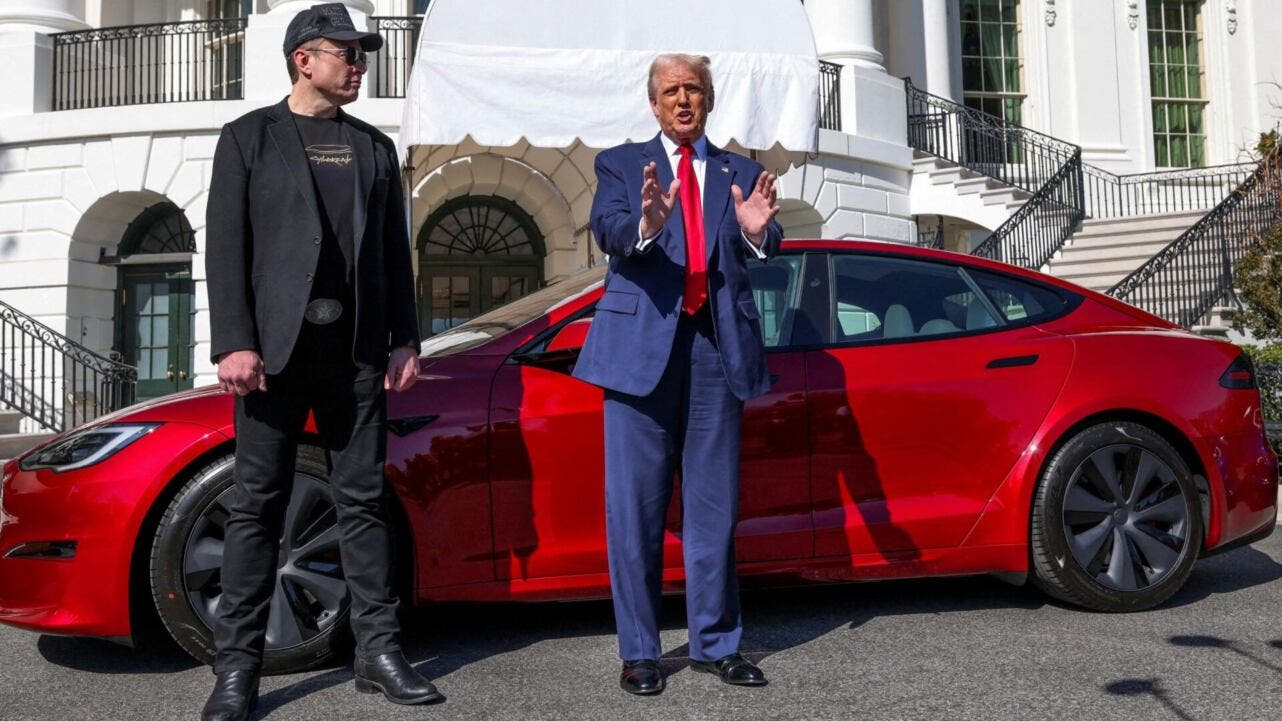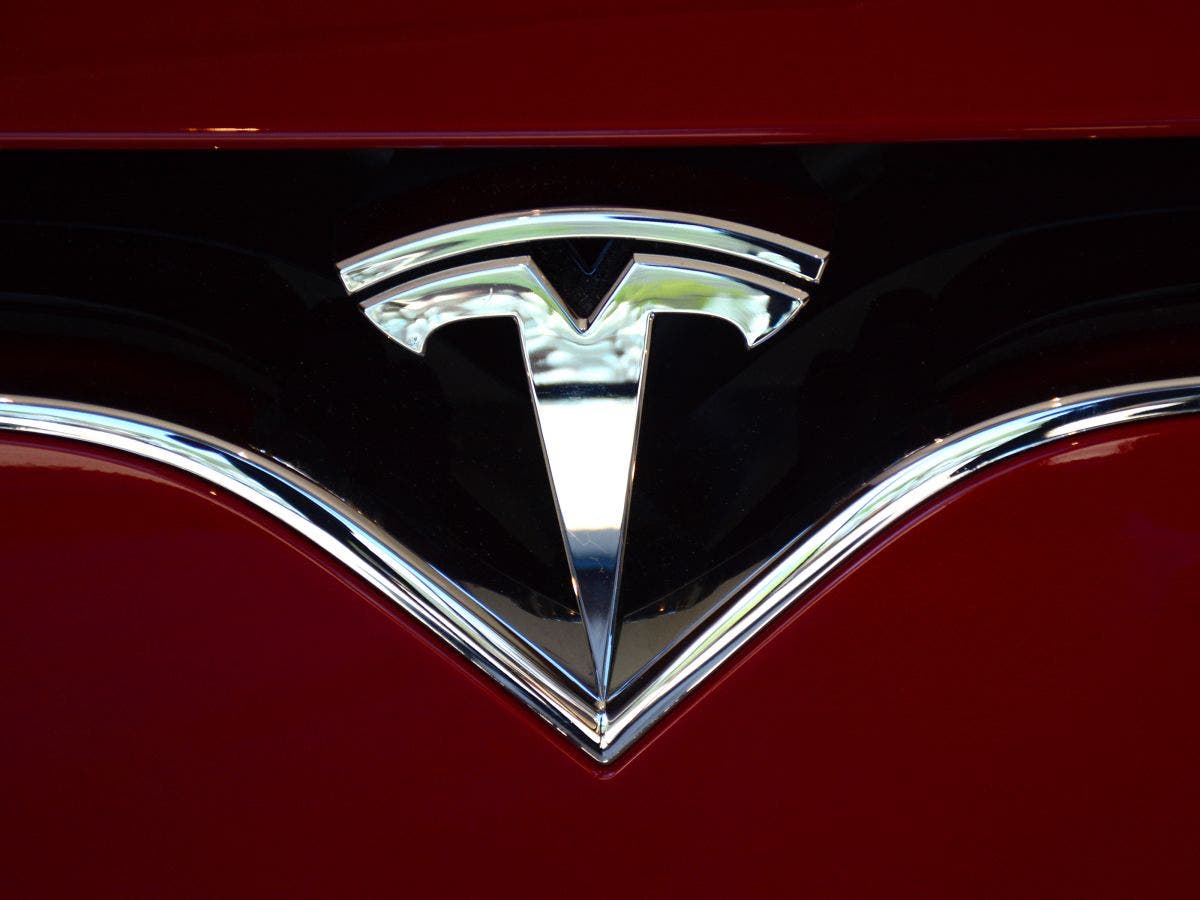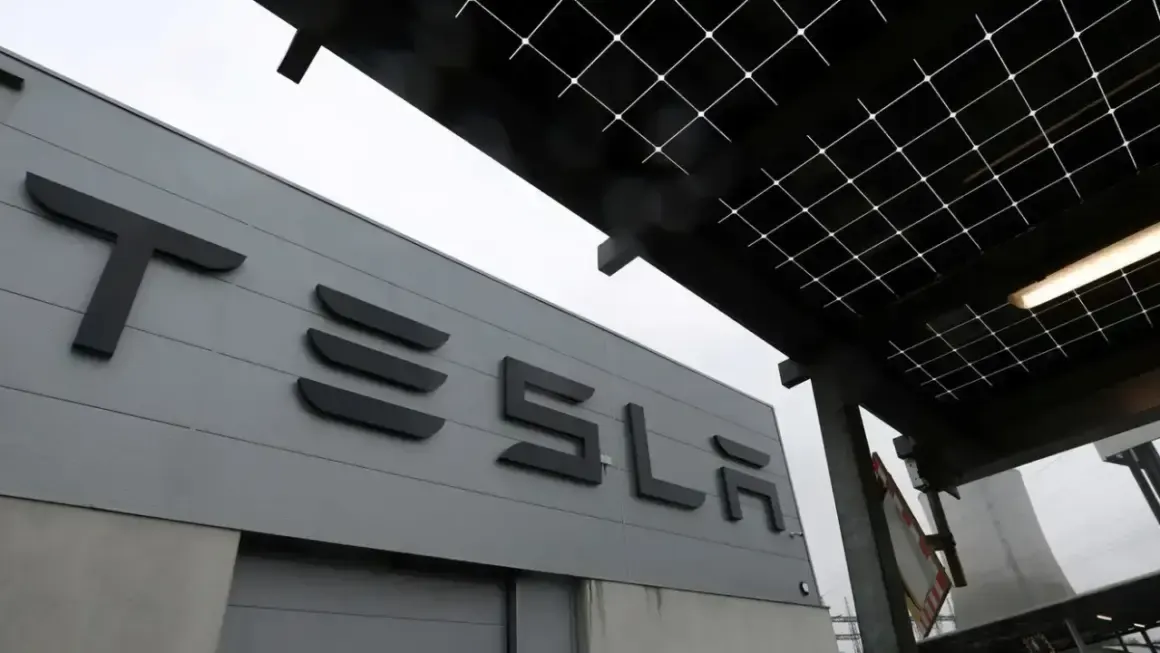Tesla’s impervious aura is showing cracks. In the latest Interbrand Best Global Brands 2025 ranking, Tesla’s brand value dropped roughly 35%, falling from about $45.5 billion to $29.5 billion. That plunge knocked it down 13 positions to 25th place. The fall isn’t just symbolic, it signals that even in Tesla’s most lucrative markets, rivals are squeezing hard.
Tesla is now fighting to defend its reputation. In 2024, brand value had slipped by 9%, but this past year’s nosedive is steeper. The causes are many: slowing sales, growing competition, and a public image tangled with the personality of its CEO, Elon Musk. Musk’s pivot from pure EV manufacturing toward AI and autonomy may be bold, but it leaves the core business exposed if those bets don’t land.

Globally, Tesla’s brand erosion reflects real-world sales challenges. In many European markets, performance has been especially weak, as consumer sentiment drifts and Chinese automakers like BYD gain ground. BYD entered Interbrand’s Top 100 for the first time, marking a notable shift in the EV brand hierarchy. Xiaomi, pushing into the auto sector, climbed in brand value too.
Tesla’s peak brand valuation was around $49.9 billion in 2023. The loss since then isn’t just about numbers, it’s about narrative. The company once stood as the vanguard of EV culture. Now it wrestles with image issues, product stagnation, and reputational risk emerging from its leader’s public stances. The brand name and Musk have been inseparable; as his political footprint expands, the backlash creeps into Tesla’s brand equity.

Meanwhile, legacy and rising automakers are carving out new brand momentum. Toyota, Hyundai, Kia, Ferrari, Range Rover increased value in the same ranking where Tesla fell. The clean sheet no longer belongs to Tesla alone. This doesn’t mean Tesla is toast. It’s still a powerful name with deep technology assets and ambitions in autonomy. But the margin for error is thinner.
